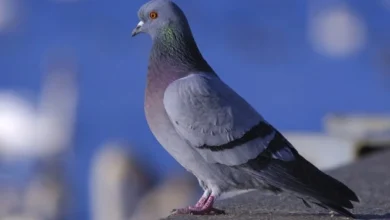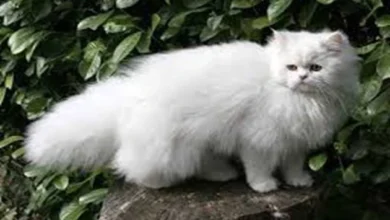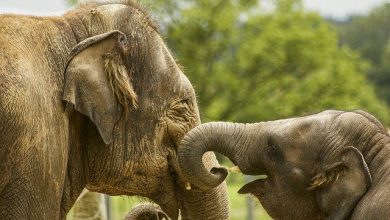Young turtle with 158 pieces of waste in belly found in Thailand
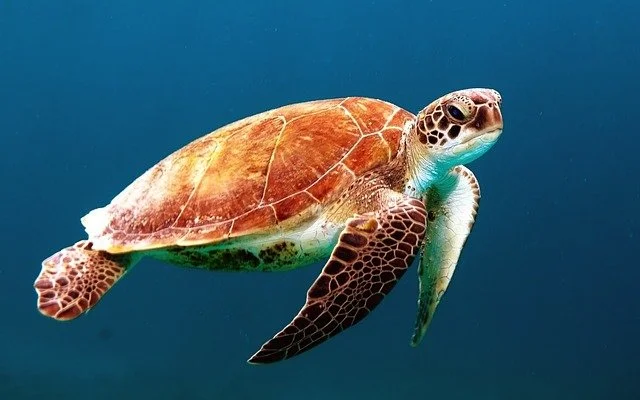
A small, young green turtle recently rescued on the Thai island of Phuket was found to have no fewer than 158 pieces of waste in its stomach. The garbage, which consisted of more than half of the pieces of plastic bag, prevented the animal from eating.
The sea turtle was found on July 23 on Karon Beach in the southwest of the Thai island. The animal is currently being cared for at the Sireetarn Rehabilitation Center for Endangered Marine Animals. The turtle is weak and malnourished but can now eat again via tube feeding. It is not yet certain whether he will make it.
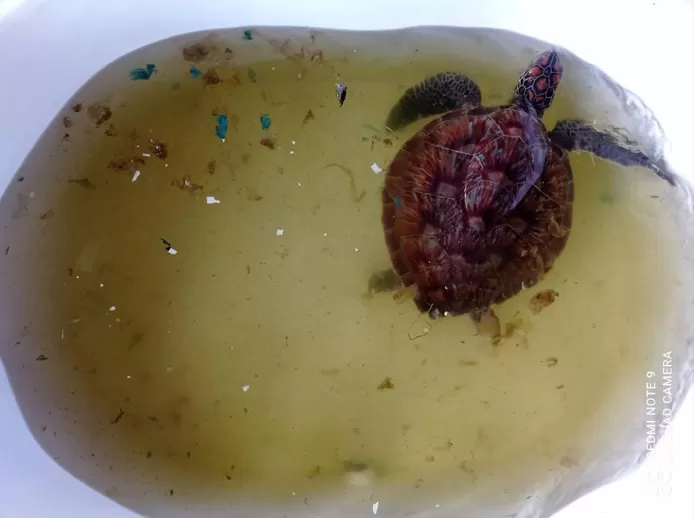
With a carapace length of 28 centimeters and a weight of 3 kilos, the tortoise had become ill from all the waste it had ingested during its young life and was losing weight because it simply couldn’t eat natural food anymore.
X-rays revealed that the turtle had a bowel obstruction caused by waste. Subsequently, 158 pieces of waste with a total weight of 60 grams were removed from the abdomen. Fifty-seven per cent consisted of plastic bags, 21 per cent was thin plastic waste, 16 per cent hard plastic, and 6 per cent fibers and bits of cloth.
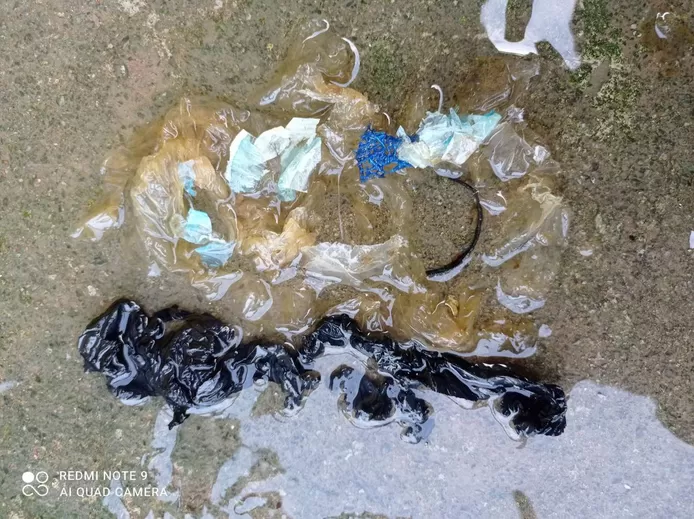
Big polluter
It’s a striking find, but unfortunately, not quite a surprise either. Thailand is one of the largest marine polluters in the world. About 12 to 13 per cent of the approximately 27 million tons of waste that the country produces each year consists of plastic.
Some 30,000 to 40,000 tons of that end up in the ocean each year, said Kongkiat Kittiwattanawong, a researcher at the Phuket Marine Biological Center. “To mitigate the impact of marine debris, we need to reduce plastic use at the source,” he stressed in an interview with Vice.
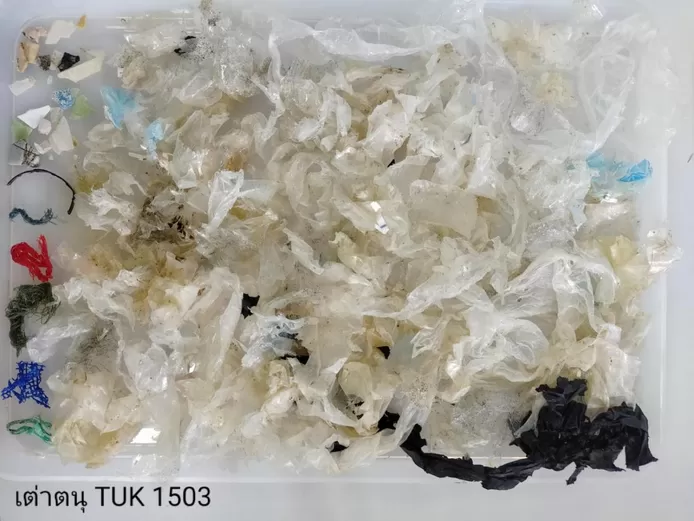
In 2020, Thailand started a ‘war’ against plastic. It started with a ban on single-use plastic bags in supermarkets. The government also wants to ban other types of non-recyclable plastic, such as straws.
However, due to the pandemic, more plastic has recently been used, partly because people ordered food more often. Materials from medical facilities also contributed to the increase in plastic waste, which amounted to 15 per cent this year. In Bangkok, the increase was even 60 per cent.
Animals with waste in their guts are more often found in Thailand. In 2018, a dead whale with 8 kilograms of plastic in its body washed ashore in the southern province of Songkhla. A year later, a young dugong was found with plastic in its stomach. The animal died of an infection caused by the waste in her abdomen.

